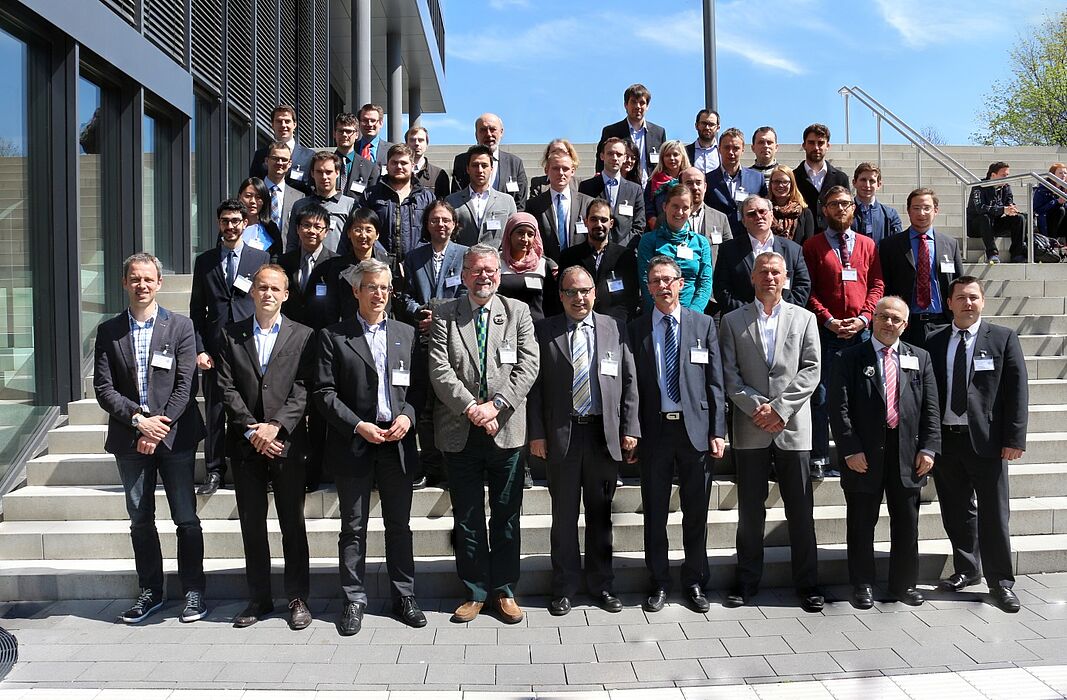From 27th to 29th of April, an interesting international congress on process engineering named CAPE Forum 2015 took place in Paderborn. CAPE Forum is a series of congresses under the auspices of the European Federation of Chemical Engineering (EFCE). The EFCE Working Party on Computer Aided Process Engineering (CAPE) is responsible these events. In 2015, the chair of fluid process engineering had the honor to organize the annual CAPE Forum.
The main aim of the congress is the support in education of excellent young scientists and engineers in Europe. Therefore, the conference was composed of different talks, poster presentations and free discussions. Several top-class guests from science and industry contributed to CAPE Forum 2015 by giving plenary lectures: Prof. Johannes Khinast (TU Graz, Austria), Prof. Jiří Jaromír Klemeš (University of Pannonia, Hungary), Prof. Iqbal Mujtaba (University of Bradford, United Kingdom), Prof. Panos Seferlis (Aristotle University of Thessaloniki, Greece), Prof. Filip Logist (Katholieke Universiteit Leuven, Belgium) and Dr. Norbert Asprion (BASF SE, Germany). Altogether, people from 13 European countries, including Russia, the Ukraine, Slovenia, Denmark, Luxembourg, Italy and Spain participated in the event.
Amongst others, the main topics of CAPE Forums 2015 were process intensification, new technologies and the increasing importance of renewable energies as well as energy efficiency. Ecological, economic and social sustainability were taken into account. CAPE Forum 2015 was related to the big project EFENIS (ENER/FP7/296003 - Efficient Energy Integrated Solutions for Manufacturing Industries), promoted by the EU. The outstanding scientist Dr. Igor Bulatov (University of Manchester, United Kingdom) presented the main aspects of the project in a special session. Talking about results of the project made it possible for the participants to familiarize themselves with concepts of energy integration beyond the state-of-the-art.

